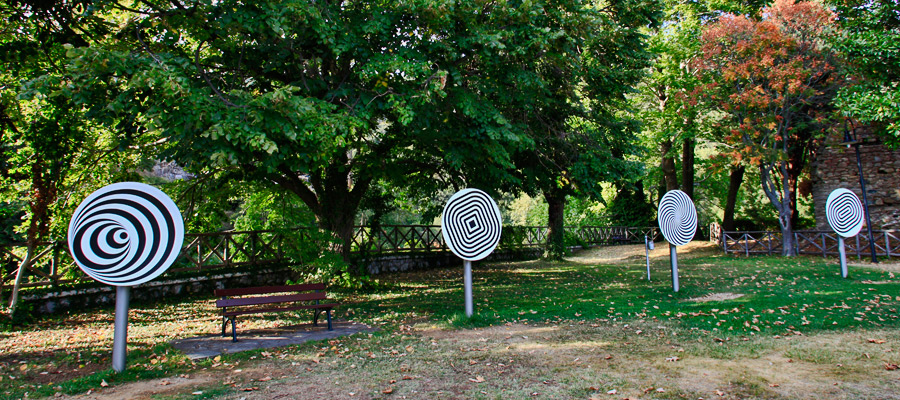Aristotle & Plato
Plato died in 347 B.C. and Aristotle left Athens and the Academy. Some researchers claim that his decision had been influenced by the fact that he or even Xenocrates and Theofrastus did not agree with the views of Plato’s nephew Speusippus, who had taken over the Academy. His departure might have also been related to politics, because Athenians began to react to the expansionist policy of the Macedonians, and it was known that he had close connections to the Court of Philip II. Thus he accepted the invitation of Hermias, former slave and student of the Academy and at that time tyrant of cities Atarneus and Assos, and went to Troad’s Assos in the Middle East. Hermias had a few of Plato’s followers around him and that was favorable for Aristotle.
He stayed in Assos for three years and married Pythias, niece and stepdaughter of Hermias. They had a daughter named after his wife. While in Athens, and after the death of his wife, he became involved with Herpyllis of Stagira who bore him a son named Nicomachus. When Persians assassinated Hermias for his Macedonian-friendly beliefs, Aristotle, being urged by his most loyal student and partner Theophrastus, left Middle East and settled in Mytilene (345 B.C.) where he stayed for two years.
During that time, King Philip II had heard a lot from Hermias about him and searching for a tutor for his son Alexander, who later would grow up to be Alexander the Great, invited him to Pella. Thus, the time between 343-342 B.C., Aristotle was in Macedonia and undertook the education and training of thirteen year old Alexander. Their respectful relationship continued even after Aristotle’s departure. After 340 B.C., when Alexander was appointed viceroy, Aristotle settled in his hometown Stagira.






